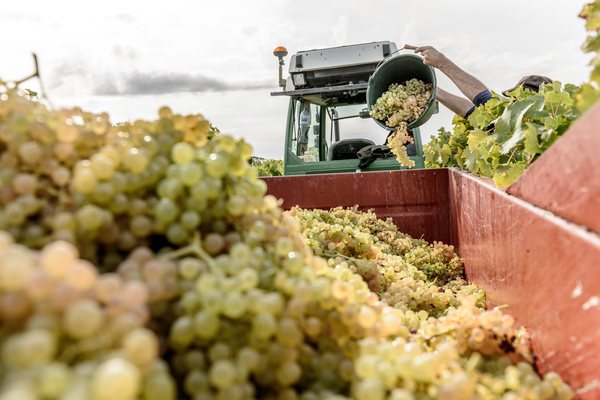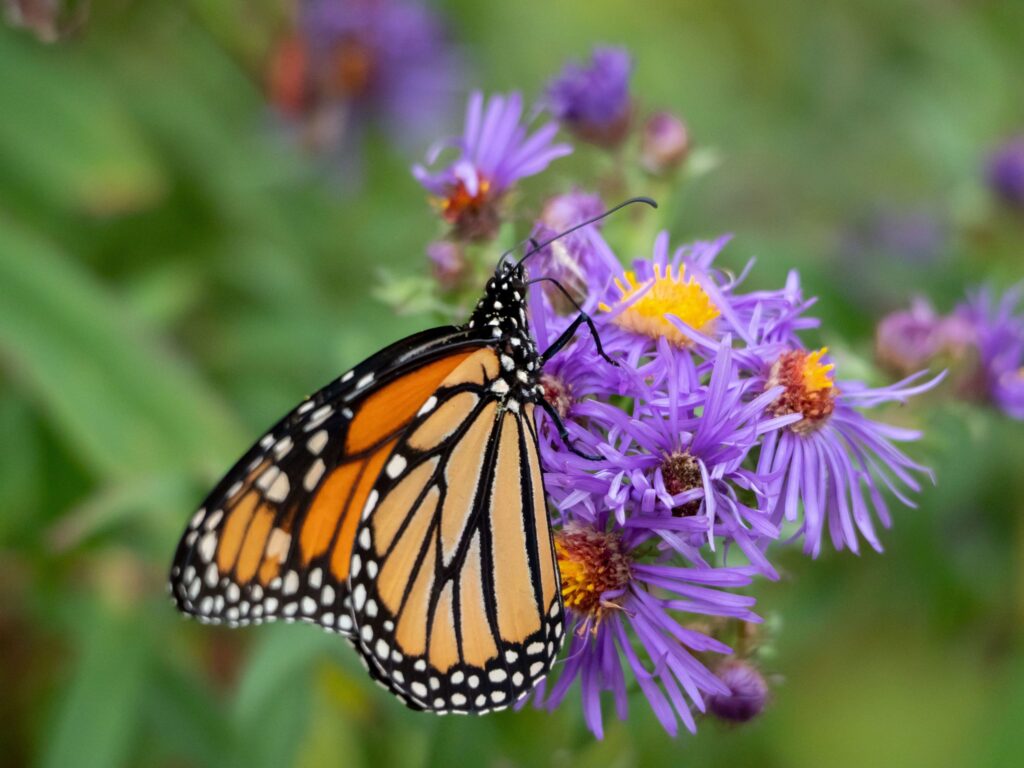Certifying our agricultural supply
We make a commitment to our terroirs by adopting more responsible and sustainable agricultural techniques. Today, 79% of our agricultural raw materials are certified: “HVE” or “Organic” regarding grapes, “Rainforest” or “GLOBAL G.A.P.” regarding oranges, “Bonsucro” regarding sugarcane, “Organic”, “SQC” (Scottish Quality Crop) or “Salmon Safe” regarding barley).
• 100% of the land commited by agricultural certifications by the year 2025.
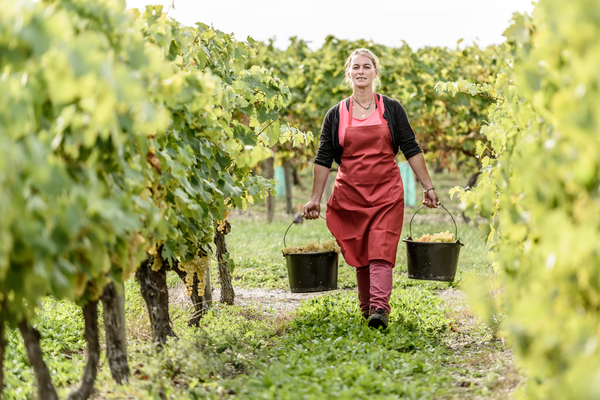
Converting our estates to agro-ecology
We improve the resilience of our terroirs by deploying farming techniques based on agroecological agriculture, which focuses on soil health and biodiversity as the core of ecosystems. Today, all our land owners are committed to this approach. Our challenge is now to deploy these techniques more widely and to involve all our farming and winegrowing partners in this transition
• 100% of our territories committed by 2030 to ethical systems such as plant cover, the contribution of organic materials, agroforestry, the reduction of ploughed land or a decrease in synthetic inputs.
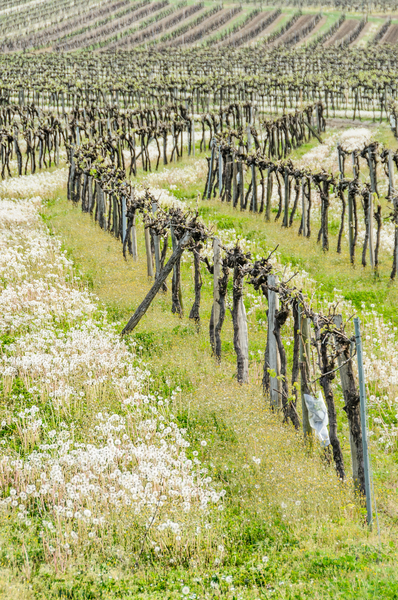
Accelerating the agro-ecological transition of our lands
We ensure that we support our farming partners to turn our commitment into reality. Our challenge now is to roll out agro-ecological practices more widely and involve all our farming and winegrowing partners in this transition. All our Houses are training their farming partners in these new agricultural practices.
• 100% of our farmers and winegrowers trained in agroecological techniques by 2030.
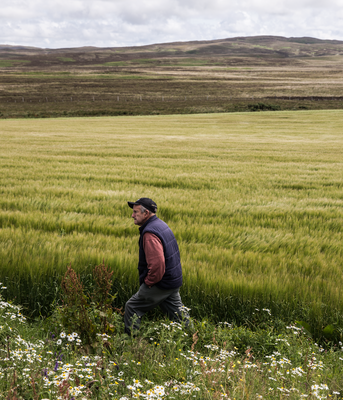
Biodiversity, a key challenge for the long-term future of our terroirs
Biodiversity is the keystone of the terroirs from which our products originate. All the Group’s Houses are taking action to preserve biodiversity as close as possible to their terroir. These actions take a variety of forms, both on our own land and in the surrounding communities: planting hedges, mapping invasive species, supporting forest rehabilitation projects, diagnosing the biodiversity present on a production site…
• By 2025, 100% of our companies will be carrying out at least one action to protect biodiversity.
• 100% of new barrels produced from sustainably managed forests by 2025 (vs 94% in 2023/2024)
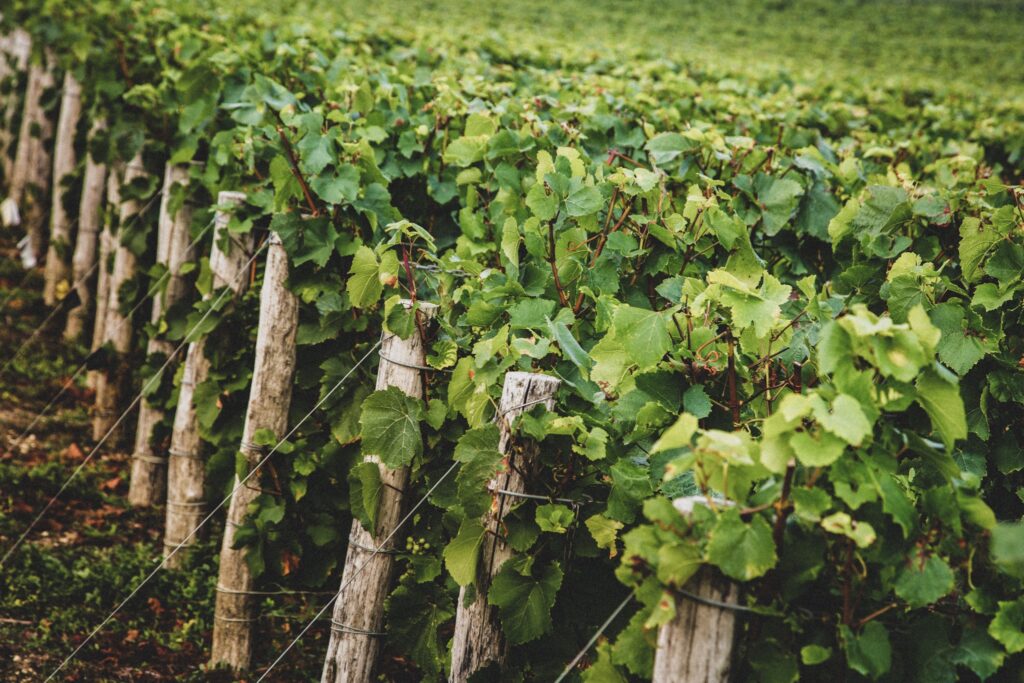
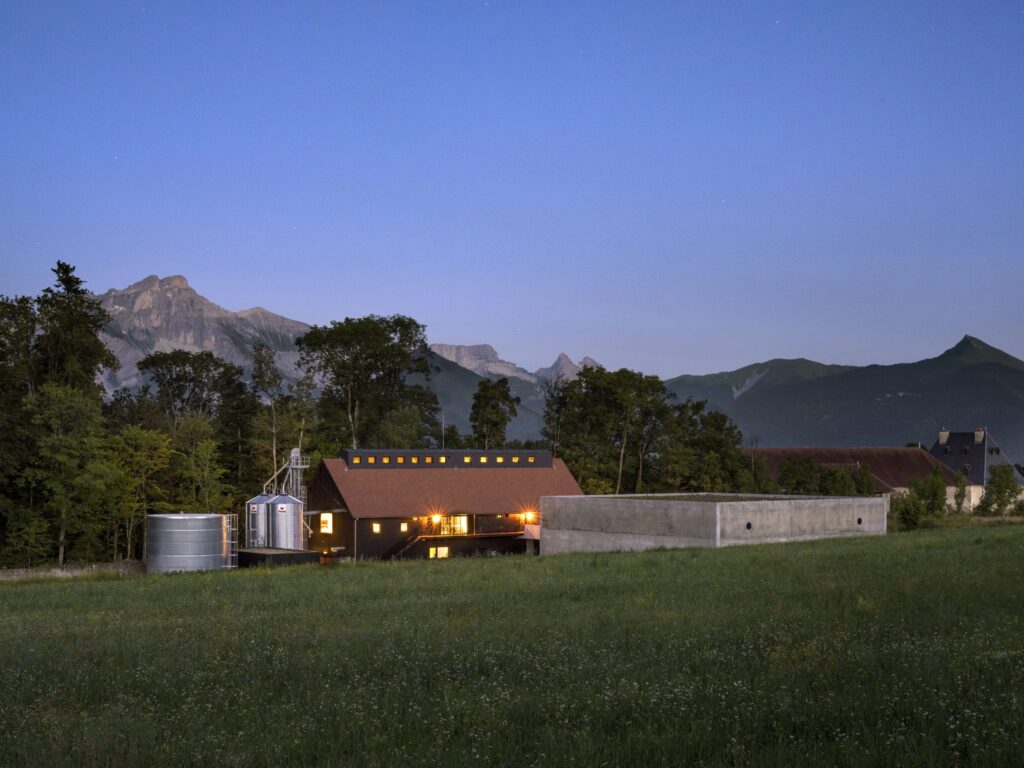
The Domaine des Hautes Glaces – incubator of agroecological and regenerative techniques.
The Domaine des Hautes Glaces, located in the heart of the Trièves in the Alps, is an alpine farm-distillery combining French expertise (distilling on Charentais stills) and ingredients from local soils. Their supplies of barley, rye and spelt (organically grown) come exclusively from the region’s alpine soils.
Since 2009, the Domaine has led the way in regenerative agriculture, committed to practices which respect the soil such as crop rotation, plant cover, no synthetic inputs and agroforestry. This environmental requirement is a strong asset for this company, renowned for its quality.
« Spirit should not only be good to drink, but also good to think about » Frédéric Revol – Farmer-Agronomist & Founder of the Domaine des Hautes Glaces.
The Domaine des Hautes Glaces is now considered a real incubator within the Group, due to its size and agility. Here, local, cereal and craft skills dating back several hundred years are revived, right down to the still heated by a wood pellet burner, made by a local boilermaker.
The Domaine des Hautes Glaces is thus leading the way in exchanging and sharing its good practices with all the Group’s companies.
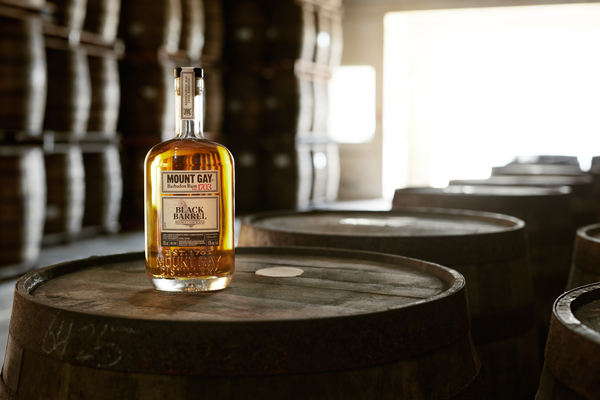
Benefits of agroecological practices on soil health in Barbados
Advised by Emmanuel Bourguignon, a recognised expert in soil ecology, Maison Mount Gay has been working on the conversion of its estate since 2019: its permanent cover, more respectful mechanical working, the exclusive use of organic fertilisers, and the planting of trees and shrubs along the edges of the plots have all helped to improve the structure of the soil and increase its fertility.
Since the introduction of these practices, organic matter levels have risen by 30% in the cultivated plots and the soil is no longer eroded as much during the rainy season.
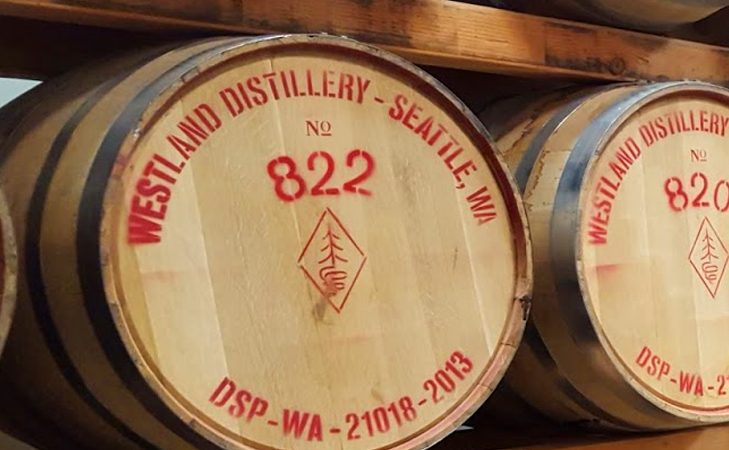
Westland - preserving Garry oaks
In 2020, Westland partnered with Forterra to preserve Garry Oaks. Westland planted 600 oak trees on 4 hectares of land in the Schibig Lakeview nature reserve, near the distillery. Since then, 250 trees have reached the right stage of maturity. Westland’s employees participate in the maintenance and monitoring of the plots of land on a voluntary basis to ensure a high survival rate of the young oak trees.
“Working with the Forterra team is such a pleasure. The involvement of the group highlights a real love for the land; it is so evident that it inspires us to go further. We thank them. We are grateful to them for going down this road with us.”
Matt Hofmann – Creator of the Westland Distillery
The objective is to achieve a minimum survival rate of 40% of the oaks.
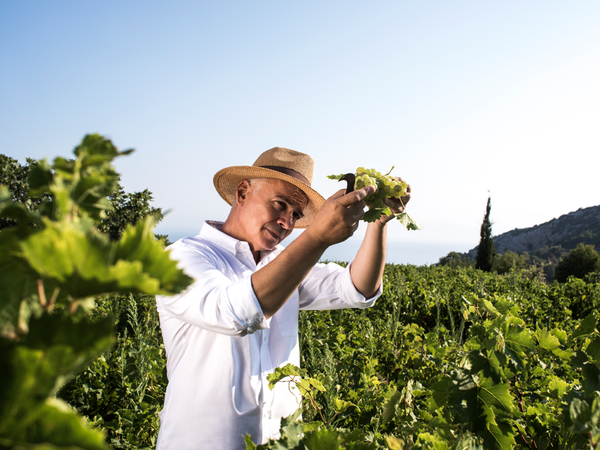
Metaxa, cultivating the exceptional in a setting of biodiversity.
Since 1888, Metaxa has been producing an exceptional Greek brown spirit, made from a blend of wine distillates and aged Muscat wines. The preservation of the unique local biodiversity is as important as it is vital.
Metaxa was born in an extraordinary setting, the island of Samos. Located in the warmth of the eastern Mediterranean, surrounded by a deep blue sea, Samos is a Greek island with lush vegetation and vineyards that have been world famous since the days of the ancient Greek traders.
SAMOS – AN OASIS OF BIODIVERSITY
The island is home to one of the most important biodiversity hotspots in the Mediterranean, with thousands of migratory and local birds, hundreds of species of mammals and reptiles, including many rare and endangered species, as well as more than 1,500 plant species, including 60 species of orchids.
This rich and varied biodiversity is essential for the cultivation of grapes: an exceptional vineyard of only 1,600 hectares, whose vines are tended and harvested by hand.
So, to give substance to its commitment, the House signed a partnership with the Hellenic Ornithological Society in 2022, on the occasion of Earth Day. Its aim? To act for the protection of the island’s birdlife and nature. The missions include cataloguing the different bird species, identifying all the threats to biodiversity and developing strong levers for raising awareness among the local public.
This preservation issue also shapes the raison d’être of the new Brand House, Metaxa Liknon, located in the heart of the vineyards of Samos.
“With LIKNON, we aim to anchor METAXA more deeply into its heritage and provenance, to act responsibly for a sustainable future by preserving our precious Terroir, to connect with the communities of the island and to offer an unexpected experience of Greek hospitality.”
Dorothée Hériard Dubrueil, Managing Director of the House of Metaxa.
Measure the impact of our farming practices on the soil
Soils are the cornerstone of the agricultural ecosystems in which our wines and spirits are produced. Better understanding them and the impact of our practices on their condition is therefore key to preserving them and strengthening their resilience.
With the help of experts such as Emmanuel Bourguignon and Genesis, a soil health rating agency, our homes characterize the health of their soils in relation to their practices, and track the changes brought about by the deployment of agroecology, particularly in terms of the amount of carbon stored.
• To map the state of our soils in order to measure the impact of changes in our agricultural techniques, particularly on biodiversity and carbon.
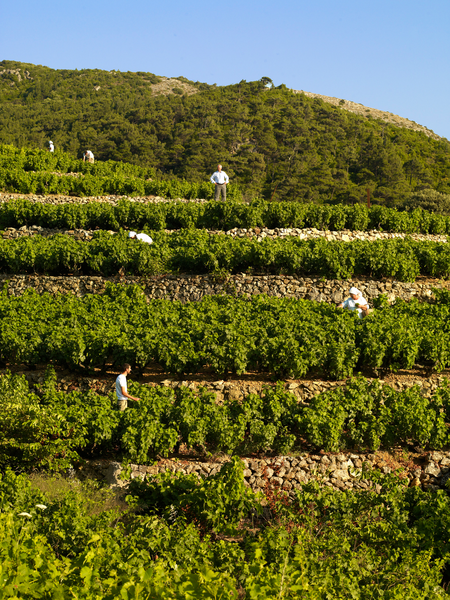
Validation of a FLAG trajectory with the SBTi
We are working on measuring carbon in the soil and implementing sequestration actions in the Group’s terroirs. We were among the first to define a Forest Land and Agriculture trajectory, an initiative of the Science Based target Initiatives, in order to take more specific account of carbon emissions linked to agricultural activities, as well as sequestration possibilities.
• 30% decrease in CO2 emissions from tillage by 2030 (vs. 2021/2022) including carbon storage actions in the group’s terroirs.
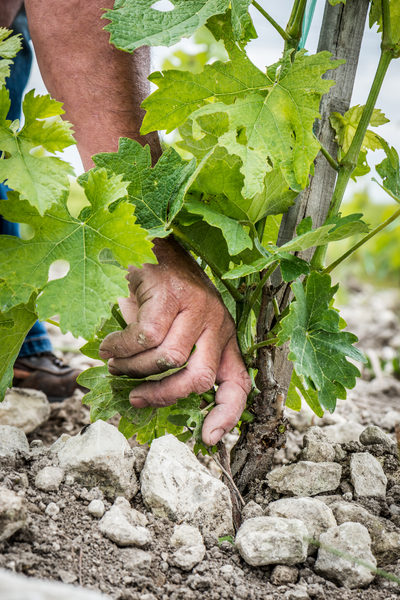
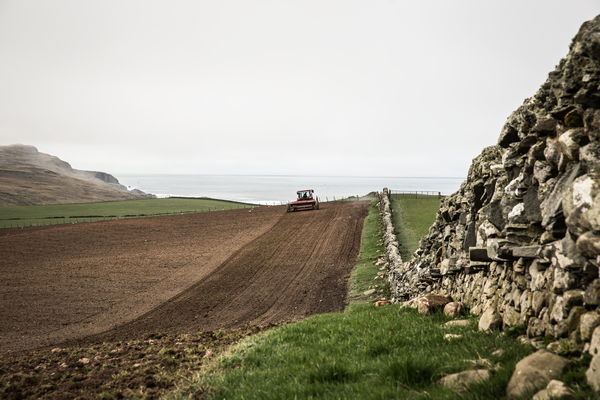
Our soils, heart of our terroirs
Soils are at the heart of our terroirs and our products, and preserving them requires a better understanding of their characteristics. This is why the Group studies the soils of its terroirs with the expertise of Emmanuel Bourguignon, Doctor of Science in soil microbiology and ecology.
This collaboration, which began on our Mount Gay terroirs, soon continued at Domaines Rémy Martin, as part of agroecology trials, with the aim of adapting our practices to the type of soil and its needs. At the same time, Emmanuel Bourguignon worked with 8 winegrowing partners of Maison Rémy Martin. One or two pedological pits were dug at each of them, to observe the rooting of the vines, the type of soil at depth and the structure of the soil.
This fieldwork helped to identify the main problems facing our Grande and Petite Champagne soils: compaction, shallow vine rooting, lack of organic matter, etc. It complements the soil health ratings carried out by the Genesis agency, and enables us to implement suitable practices on these plots, aimed at improving soil quality: planting cover crops, maintaining natural grass cover or choosing more organic fertilization. Results are already visible on certain plots, with, for example, an observed increase in soil life.
This work on the Domaines Rémy Martin and with our pioneering winegrowers forms the basis of a broader support program for the Maison Rémy Martin’s winegrowing partners, the Pacte Centaure.
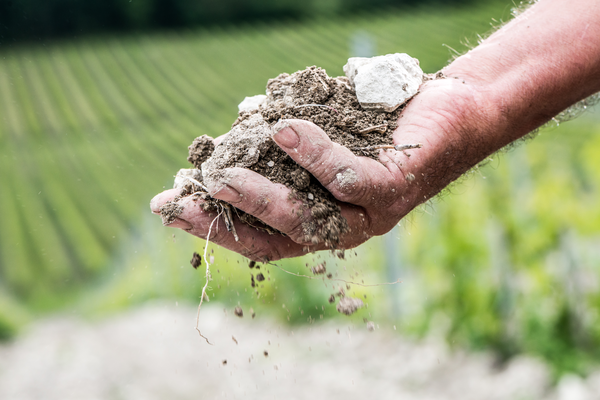
Can our soils be carbon sinks?
Soils represent one of the largest carbon stocks on the planet. Farming that is more respectful of soil and biodiversity can not only reduce greenhouse gas emissions, but also help to sequester carbon in the soil over the long term, thereby combating climate change. How? By maximizing photosynthesis, which takes carbon from the air to produce biomass, and minimizing tillage.
Soil as a solution to climate change is what is promoted by the 4 for 1000 initiative, an international initiative launched by France following COP21 in 2015. This initiative federates voluntary players from the public and private sectors around the implementation of concrete actions to store carbon in soils. The Rémy Cointreau Group is a partner in this initiative, which echoes the deployment of agroecological practices across all its terroirs.
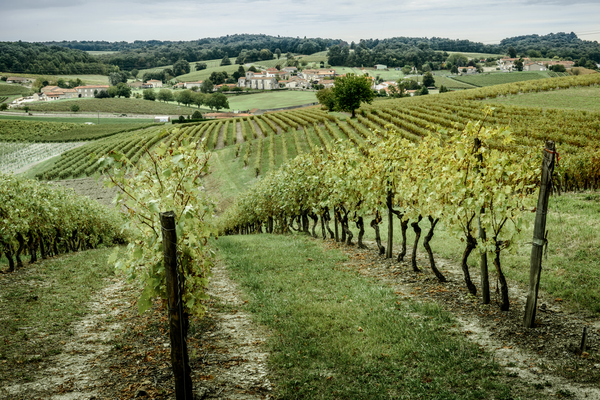
4Pour1000 project partner
We reveal the full potential of soils as carbon sinks and therefore as a solution to global warming.
• Take part in high-impact sector initiatives, such as the 4Pour1000 project, which aims to deploy large-scale soil carbon storage actions.
Identifying varieties adapted to climate change and disease
Our companies have forged partnerships with recognized research institutes and are investing in R&D programs to identify and field-test new varieties that are resilient to climate change and disease, for all our agricultural raw materials.
• identification of climate- and disease-resistant varieties in 100% of our terroirs by 2030.
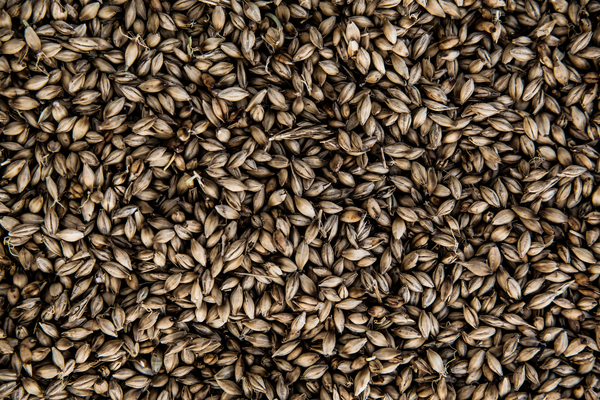
High technology at the service of the sustainability of our terroirs
We are developing precision agriculture by turning technology into a protective solution, in support of human know-how.
• Support farmers in their agro-ecological transition by helping them make day-to-day decisions and reduce inputs
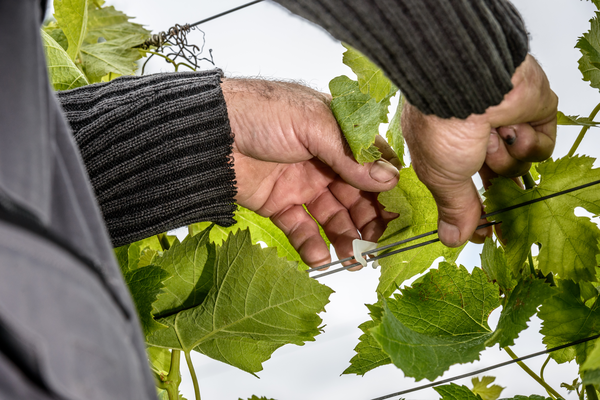
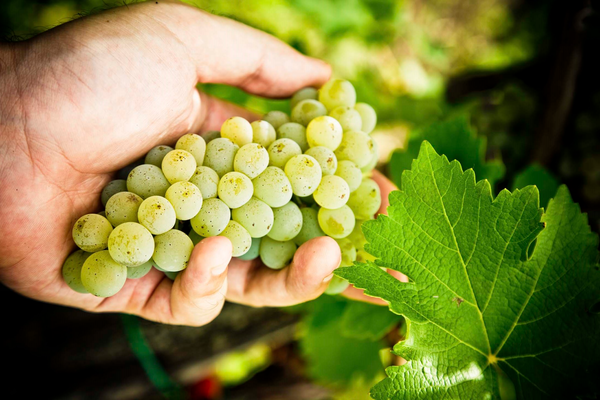
Precision Viticulture in Cognac with the use of decision-making tools
From 2018 to 2023, Domaines Rémy Martin, in conjunction with L’Institut Français de la Vigne et du Vin, led an ambitious project aimed at drastically reducing the use of synthetic phytosanitary products, the BEE project. This project combined prophylactic measures (vigor management) and the development of innovative decision rules to enable effective protection, while using only biocontrol products or products authorized for organic farming.
The encouraging results obtained on this 1 ha trial plot prompted the cognac industry to set up a network of plots based on the same phytosanitary strategies. This network, the LUMA network, coordinated by the BNIC, now includes 23 plots throughout the appellation. It has highlighted the need for quality advice and decision-making tools to enable greater use of biocontrol products and thus limit the use of synthetic inputs.
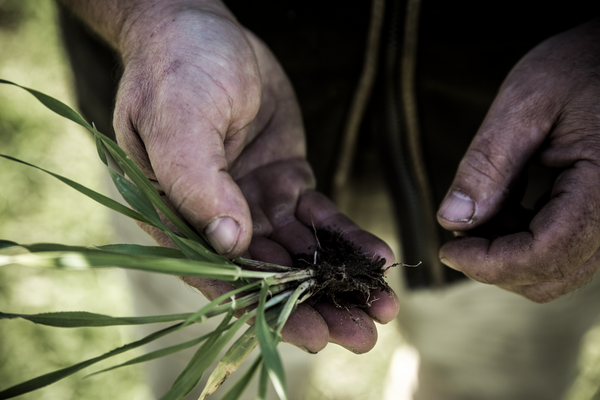
Old barley varieties, new sources of resilience
This is the idea behind the partnership between CIRAD Montpellier and Domaine des Hautes Glaces, who have been testing old barley varieties for several years. The aim? To bring genetic diversity to the field to cope with climatic variations. Old varieties from the Alps, as well as from Morocco, Tajikistan, Spain and California, are being monitored in anticipation of a drier, warmer climate.
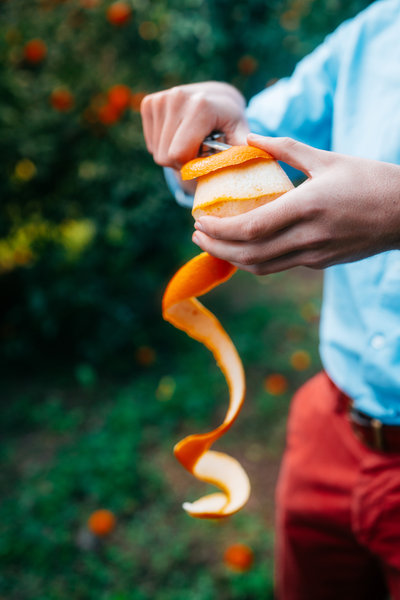
Supporting research to protect orange and sour orange trees
HLB (huanglongbing) – or Yellow Dragon Disease – is an insect-borne bacterium. A major threat to citrus plantations worldwide, HLB attacks trees, causing premature leaf drop, stunted fruit growth and root rot. No treatment exists to date.
Cointreau is co-financing – with Campari – a research program led by CIRAD in Guadeloupe, which focuses on natural techniques to limit the impact of the disease: use of tolerant rootstocks, controlled irrigation, tillage… In addition, in order to contribute to the genetic diversity of orange and sour orange trees – and thus to their preservation – Maison Cointreau has chosen to support an INRAE research program and a citrus conservatory in San-Giuliano, Corsica, which brings together almost 1200 species.
